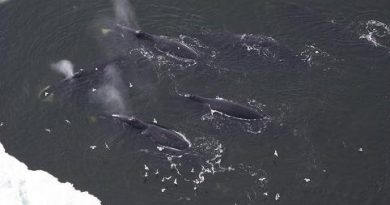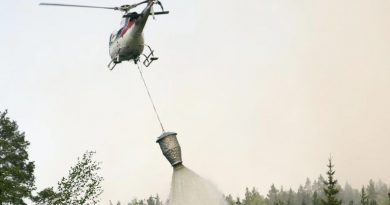Int’l Inuit org voices solidarity with Indigenous Canadians after remains of 215 children found at former residential school
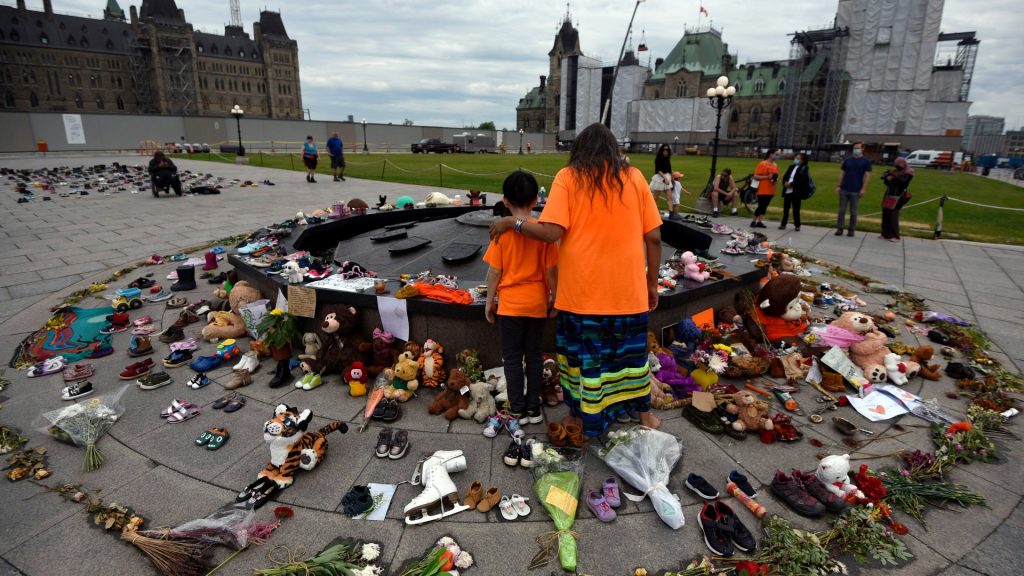
The Inuit Circumpolar Council (ICC) voiced solidarity with Indigenous Canadians last week after the remains of 215 children were found on the site of a former residential school in western Canada.
The site of the remains was made public on May 27 by the Tk’emlúps te Secwépemc First Nation in the province of British Columbia after ground penetrating radar confirmed the finds. The survey was done on the former site of the Kamloops Indian Residential School.
“Our hearts go out to the members of the Tk’emlúps te Secwépemc First Nation who are undoubtedly retraumatized by this discovery,” said Dalee Sambo Dorough, the international chair of ICC, an organization that represents the approximately 180,000 Inuit in Alaska, northern Canada, Greenland, and Chukotka, Russia.
“Please know that Inuit stand united behind your struggle to uncover the truth about what happened,” she said in a news release send out on Friday.
“We lend our support in calling on the Government of Canada to fund the discovery of missing children at other former residential school sites across Canada so that justice, and closure, can happen for the Indigenous Community.”

The history of residential schools in Canada dates back to the 1800s.
Inuit and First Nations children were sent to the federally funded, primarily church-run schools, far from their communities and their cultures, and often against the wishes of their families.
The goal was to assimilate the children into European culture. Physical and sexual abuse was rampant in many of the institutions, and many students were beaten for speaking their Indigenous languages. Many of the social problems in Indigenous Canadian communities have been traced back to the trauma suffered by children who passed through the schools.
“We are in complete solidarity and compassion with the families and all Indigenous peoples in Canada regarding this horrible discovery,” said Hjalmar Dahl, the president of ICC Greenland. “I understand there are hundreds of former residential schools across Canada. I hope justice will prevail for the families, and the truth is revealed about how this happened.”
“We were shocked to hear about this tragedy and our hearts are with our brothers and sisters in Canada,” said Jimmy Stotts, the president of ICC Alaska.
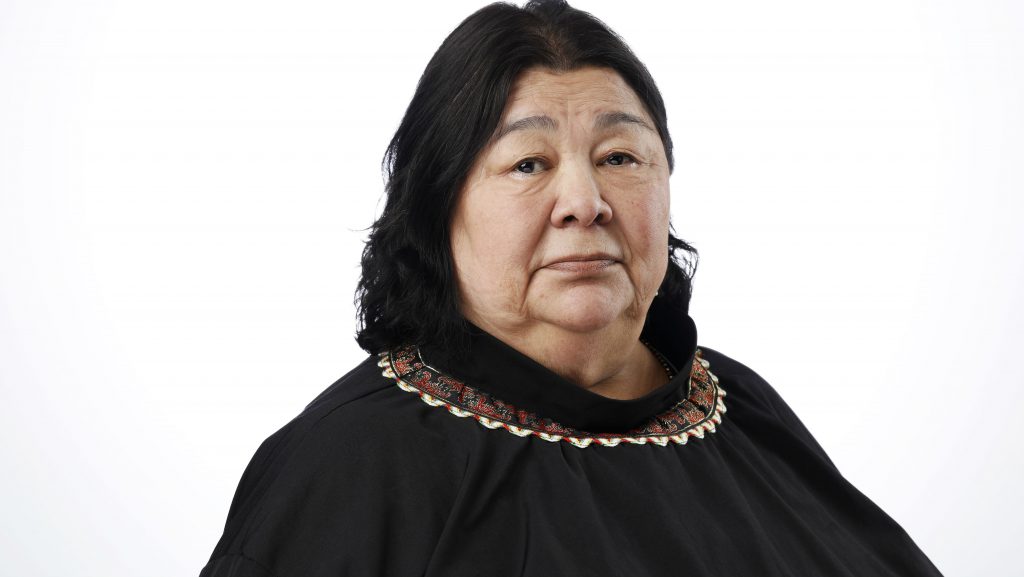
Over 130 of the institutions were located across Canada and an estimated 150,000 Inuit, Métis and First Nations children passed through the residential school system, found the Truth and Reconciliation Commission, a body set up as part of the Indian Residential Schools Settlement Agreement, a class action settlement set up to help former students.
“This is a very dark chapter of our history in Canada which we are all dealing with,” said Monica Ell-Kanayuk, President of ICC Canada.
“The Truth and Reconciliation Commission had specific recommendations relating to records of this nature. We are on a relentless path towards healing and reconciliation. This very tragic news will no doubt open old wounds from victims.”
Government must assist identifying remains across country, says Indigenous leader
Last week, the Assembly of First Nations (AFN), the organization that represents First Nations in Canada, including in the North, called on the federal government to do more to identify remains across the country.
“The Government of Canada must respond to First Nations seeking assistance in finding our lost children and support our mourning First Nations communities,” said AFN National Chief Perry Bellegarde in a June 1 news release.
“We deeply appreciate the support of so many concerned Canadians. I demand that all governments commit to supporting First Nations seeking thorough investigations into former residential school sites and to take any, and all action available to hold perpetrators accountable for their actions.”
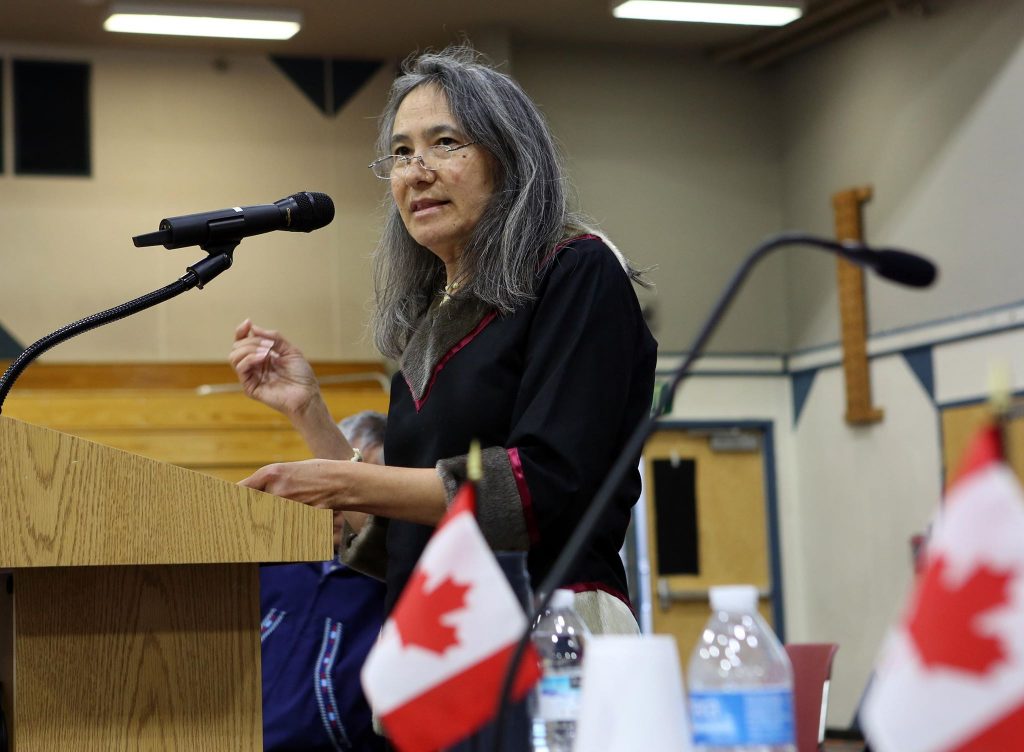
In the Truth and Reconciliation Commission’s Calls to Action, item 58 calls for the Pope to apologize to survivors, the way he did to victims of clerical abuse in Ireland in 2018. The revelations out of Kamloops in May have renewed calls for the Catholic church to apologize and release relevant records pertaining to the residential school system in Canada.
On Saturday, Pope Francis said in his address at St. Peter’s Square, that he was pained to hear about Kamloops discovery and called for the respect of Indigenous people’s cultures, but did not make a formal apology.
ICC said it was adding its voice to the call to implement the TRC’s call to action.
“We lend our support in calling for Pope Francis to apologize to the victims of residential schools in Canada, and to release Catholic Church documents that could reveal the identity of the children in the graves near the former residential school in Kamloops, as well as other residential schools across Canada,” Dorough said.
The last residential schools were closed in Canada in the 1990s.
Write to Eilís Quinn at eilis.quinn(at)cbc.ca
Related stories from around the North:
Canada: On 6th anniversary of Canadian commission into residential schools, Inuit org calls for action, Eye on the Arctic
Finland: Sami Parliament in Finland agrees more time needed for Truth and Reconciliation Commission preparation, Eye on the Arctic
Norway: Can cross-border cooperation help decolonize Sami-language education, Eye on the Arctic
Sweden: Sami in Sweden start work on structure of Truth and Reconciliation Commission, Eye on the Arctic
United States: Alaska reckons with missing data on murdered Indigenous women, Alaska Public Media


